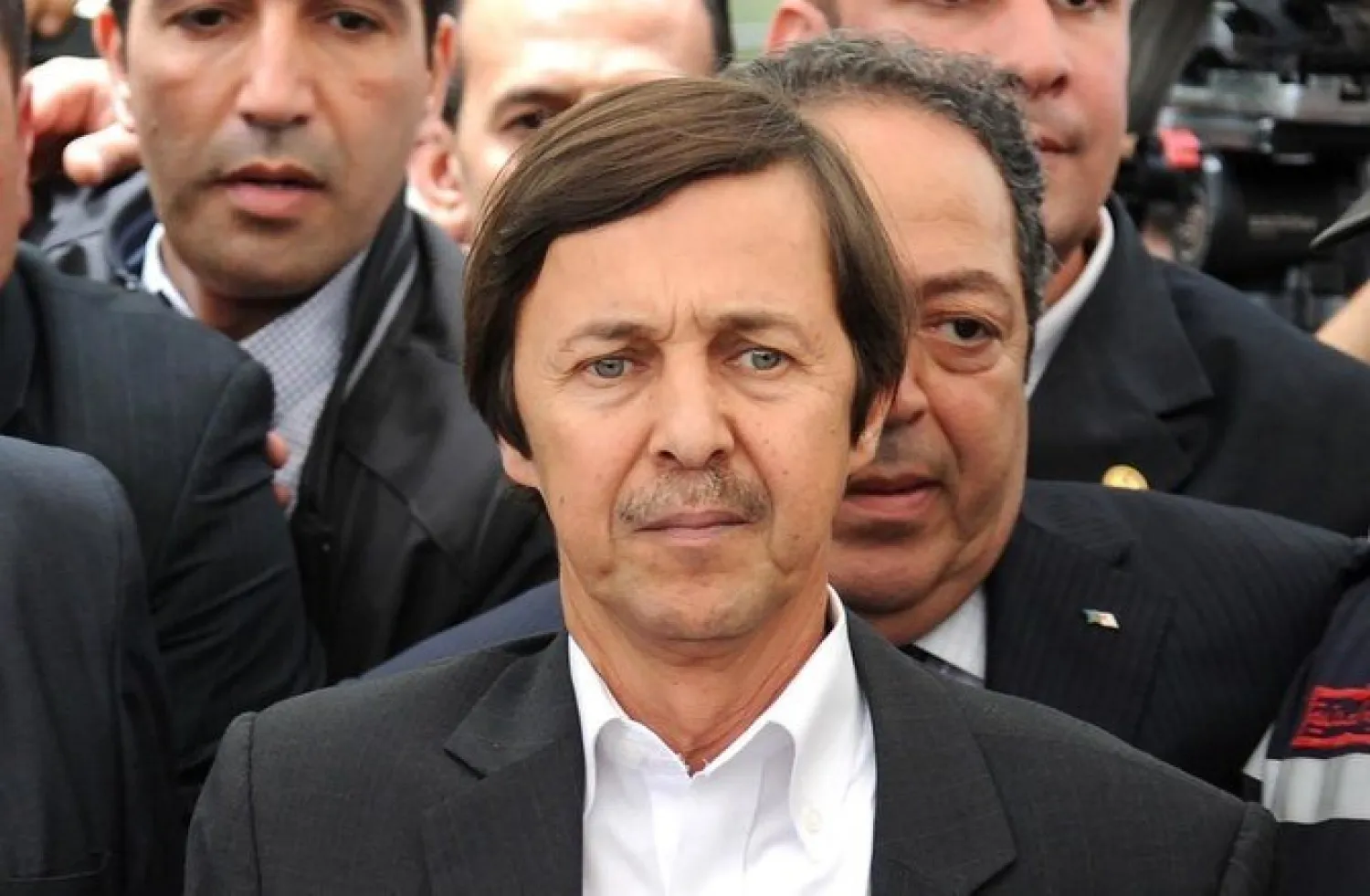Algerian prosecutors are seeking a seven-year prison sentence for Said Bouteflika, advisor and brother of former president Abdelaziz Bouteflika, on corruption charges, one of his lawyers told AFP.
Said Bouteflika's defense lawyer Salim Hadjouti told AFP that "there is nothing in the case file. It's empty, a political file, not a legal one."
The Casablanca Criminal Court in the western suburb of Algiers began the trial session of Bouteflika, former Justice Minister Tayeb Louh, business tycoon Ali Haddad, and other defendants.
Hadjouti said the prosecution had also sought at least ten years behind bars Louh and seven for Haddad, both close to the former president, as well as jail terms for other defendants.
They were charged with "abuse of office," "obstructing of justice," "inciting prejudice, and forging official documents."
Bouteflika, 63, was arrested in May 2019. He appeared before a military court with three other defendants and was sentenced to 15 years in prison on charges of conspiring against the authority of the state and the army.
In January, he was acquitted by the Court of Appeal and transferred to the civil prison to be prosecuted in other cases.
Meanwhile, according to a human rights organization, the Court of Appeal confirmed a two-year prison sentence against activist Chemseddine Allame.
The National Committee for the Release of Detainees announced that the Bordj Bou Arreridj Judicial Council confirmed the Court of First Instance ruling.
The committee explained in its Facebook post that Allame was on trial in three cases and was convicted of two years in prison, with a fine of 200,000 dinars, after being accused of spreading "hate speech," "insulting a statutory body," "spreading false news," and "inciting an unarmed gathering."
The Tamanrasset Court of Appeals in southern Algeria sentenced journalist Rabah Karach to one year in prison on charges of "spreading false news," his lawyer told AFP.
Lawyer Zubaida Asoul expressed the defense's "shock" at the ruling, noting that the journalist only reported the facts, saying the sentence was a political decision, not judicial.









